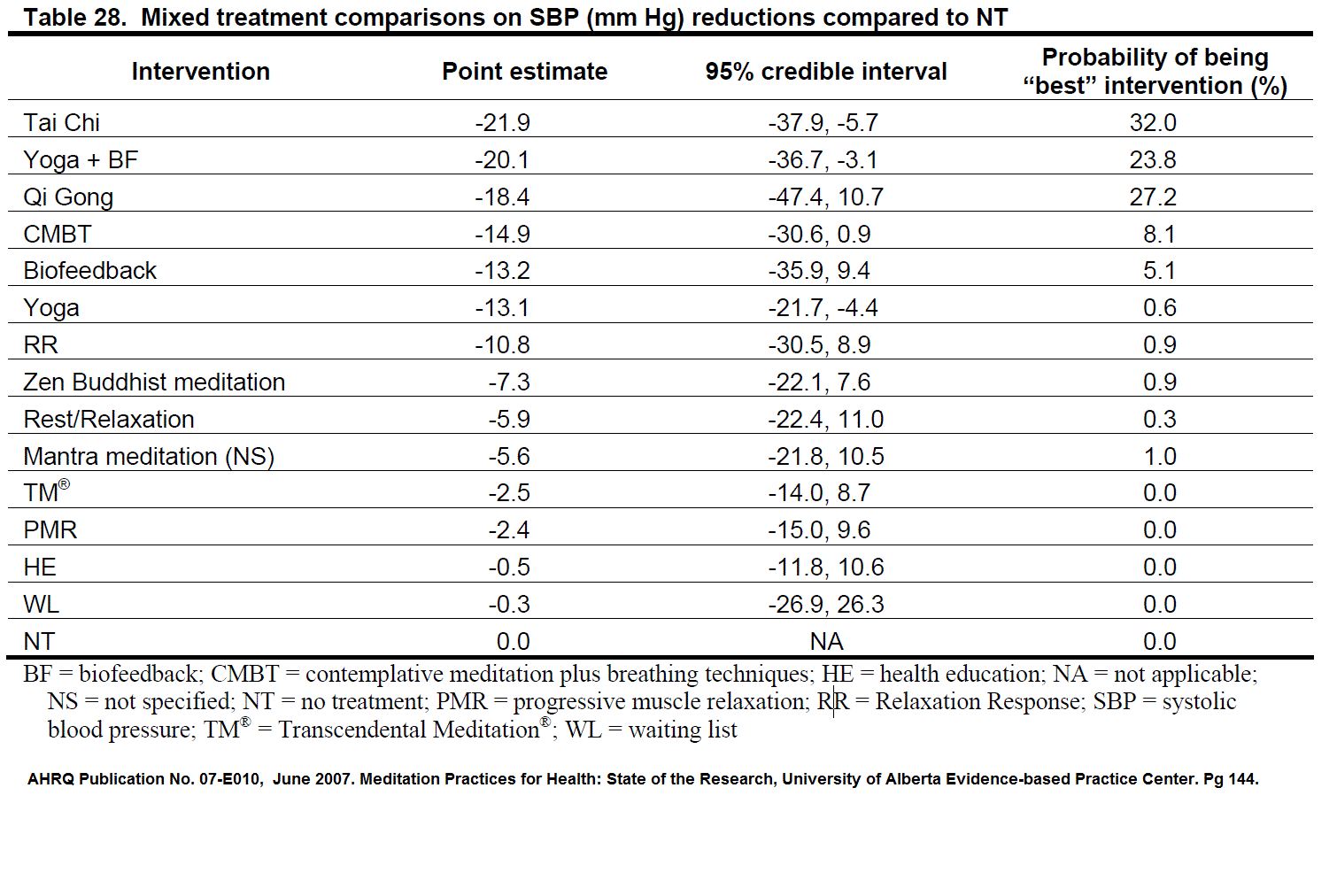
Taijiquan Enthusiasts Organization
Spreading the Benefits of Taijiquan (Tai Chi Chuan) to everyone, everywhere.

Spreading the Benefits of Taijiquan (Tai Chi Chuan) to everyone, everywhere.
Those of us who practice Taijiquan (Tai Chi) can't understand why everyone in the whole world doesn't do it every day. It's hard to know where to begin, because the benefits are so numerous. Of course, there are benefits such as "it looks cool", and "it's fun to do". It can be applied as a practical and effective system of self defense. And you can compete in national and international tournaments and competitions if you are so inclined. But the biggests benefits of practicing Taiji every day comes from the health-side effects of the practice. Basically, it can have a powerful impact on the body, and there are many documented cases of its ability to improve health.
Mayo Clinic recommends Taijiquan. They have produced many studies on the benefits, and have stated: Preliminary evidence suggests that tai chi may offer numerous benefits beyond stress reduction, including:
Click for more from Mayo Clinic Info on Taiji
Harvard Medical School recommends Taijiquan. "A growing body of carefully conducted research is building a compelling case for tai chi as an adjunct to standard medical treatment for the prevention and rehabilitation of many conditions commonly associated with age," says Peter M. Wayne, assistant professor of medicine at Harvard Medical School and director of the Tai Chi and Mind-Body Research Program at Harvard Medical School's Osher Research Center. An adjunct therapy is one that's used together with primary medical treatments, either to address a disease itself or its primary symptoms, or, more generally, to improve a patient's functioning and quality of life.
This gentle form of exercise can prevent or ease many ills of aging and could be the perfect activity for the rest of your life. Tai chi is often described as "meditation in motion," but it might well be called "medication in motion."
Click for more on Harvard Medical Center Info on Taiji
WebMD recommends Taijiquan. Some people believe that tai chi improves the flow of energy through the body, leading to better wellness and a wide range of potential benefits. Those benefits include:
MedicalNet recommends Taijiquan. In China, it is believed that tai chi can delay aging and prolong life, increase flexibility and strengthen muscles and tendons, and aid in the treatment of heart disease, high blood pressure, arthritis, digestive disorders, skin diseases, depression, cancer, and many other illnesses... In a special study of tai chi called a meta-analysis, where many studies on one subject are reviewed, the author concludes that although there is some evidence to support the positive effects of tai chi on health, fitness, and balance and falling, most of the studies are limited by small numbers of subjects and wide variation in the type and duration of tai chi used. The benefits listed are:
Click here for more MedicalNet info on Taiji
A massive project was undertaken in 2006-2007 that reviewed over 1200 research studies on Yoga, Meditation, Tai Chi, Qigong, Relaxation Response, and other alternative therapies. Although the upshot was that most studies are poorly designed and no conclusions can be definitive until better research is done, on page 144 we find that Tai Chi came out on top as being able to reduce diastolic blood pressure measurements (though not systolic blood pressure measurements).

For even more resources on the current research that demonstrates the benefits of Taijiquan, try these links:
National Qigong Association Research Updates
Qigong Institute Research Database
Dr. Tom Krapu's Tai Chi Research page
World Tai Chi and Qigong Day Research Database